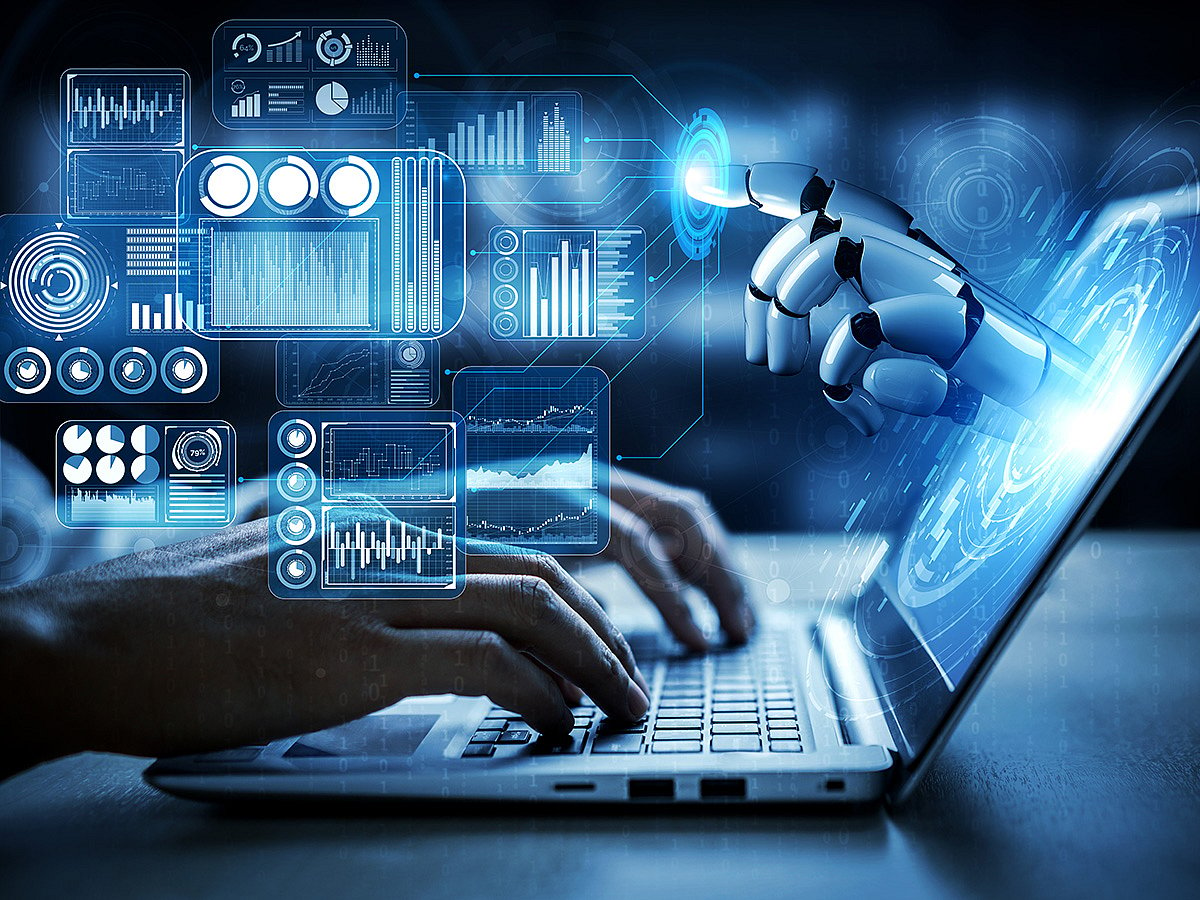Higher Education’s Role in Industry 5.0 Transformation
The landscape of higher education is undergoing a significant transformation, driven by the rapid advancements in technology and the evolving needs of the workforce. As industries adapt to the demands of a new era characterized by human and artificial intelligence collaboration, universities must rethink their educational models to prepare graduates for the future.
The Shift from Industry 4.0 to Industry 5.0
The transition from Industry 4.0 to Industry 5.0 marks a pivotal change in how industries operate. While Industry 4.0 focused on automation and data integration, Industry 5.0 emphasizes the synergy between humans and digital agents. This new paradigm prioritizes not only efficiency but also sustainability and human-centric approaches, fostering environments where creativity and emotional intelligence are essential.
Key Features of Industry 5.0
1. **Human-Digital Collaboration**: Technology is designed to enhance human capabilities rather than replace them. 2. **Decentralized Decision-Making**: Organizations are encouraged to adopt flexible systems that can adapt to changing circumstances. 3. **Sustainability and Social Responsibility**: These principles are integrated into business practices, promoting a more ethical approach to industry. 4. **Customization and Personalization**: The focus shifts from mass production to tailored solutions that meet individual needs.
The Role of Higher Education
In light of these changes, universities must evolve from traditional knowledge providers to innovation hubs that cultivate adaptable and ethical thinkers. This transformation requires a comprehensive reimagining of curricula, teaching methods, and partnerships with industry.
Addressing the Skills Gap
Recent studies highlight a significant disconnect between current educational programs and the skills employers seek. Key competencies such as analytical thinking, AI literacy, and leadership are increasingly in demand. In response, initiatives like the UAE’s National Strategy for Higher Education 2030 aim to integrate practical skills into university curricula, aligning educational outcomes with national economic goals.
Curriculum Redesign for Future Needs
To effectively prepare students for Industry 5.0, universities must consider:
– **Lifelong Learning**: Emphasizing continuous education and reskilling throughout one’s career. – **Transdisciplinary Education**: Blending technical, social, and ethical dimensions to create well-rounded graduates. – **Human-Centric Design**: Focusing on sustainability and user-centered approaches in problem-solving. – **Hands-On Learning**: Engaging students in real-world projects and interactions with intelligent digital agents.
Innovative Teaching Strategies
To foster a learning environment that aligns with these principles, universities should shift from traditional lecture-based instruction to more interactive, project-based learning. This approach allows students to apply theoretical knowledge to practical challenges, enhancing their problem-solving skills.
Cultivating Soft Skills and Entrepreneurship
In addition to technical expertise, universities must prioritize the development of soft skills such as communication, teamwork, and empathy. Encouraging entrepreneurship through mentorship and startup incubation can empower students to become innovators and leaders in their fields.
Embracing Experiential Learning
Experiential learning opportunities, such as internships and industry partnerships, should be integral to university programs. These experiences provide students with valuable insights into the workplace, bridging the gap between academia and industry.
FAQs
What is Industry 5.0?
Industry 5.0 is the next phase of industrial evolution that emphasizes collaboration between humans and digital agents, focusing on sustainability and human-centered practices.
How can universities adapt to the demands of Industry 5.0?
Universities can adapt by redesigning curricula to include practical skills, fostering interdisciplinary learning, and emphasizing lifelong education and soft skills development.
Why is lifelong learning important in the context of Industry 5.0?
Lifelong learning is crucial as it enables individuals to continuously update their skills and knowledge, ensuring they remain relevant in a rapidly changing job market.
Conclusion
The challenge of aligning higher education with the demands of Industry 5.0 presents a unique opportunity for universities to redefine their roles. By embracing curriculum upgrades, fostering industry partnerships, and promoting lifelong learning, educational institutions can equip graduates to thrive in a future where human creativity and digital technology work hand in hand.
The integration of technology in education is not merely about incorporating new tools; it also involves rethinking pedagogical approaches to ensure that students are prepared for the complexities of the modern workforce. This includes fostering critical thinking and adaptability, which are essential in an environment where technological advancements can rapidly change job requirements.
Moreover, collaboration between universities and industries is becoming increasingly vital. By establishing partnerships, educational institutions can gain insights into the specific skills and competencies that employers are seeking, allowing them to tailor their programs accordingly. This collaboration can also facilitate research opportunities and internships that benefit both students and businesses.
As the demand for skilled professionals continues to evolve, higher education institutions are also exploring alternative delivery methods, such as online learning and hybrid models. These approaches can provide greater accessibility and flexibility for students, accommodating diverse learning styles and life circumstances while ensuring that education remains relevant and impactful.
Also Read:
Dubai Launches New AI Initiatives for Digital Growth







